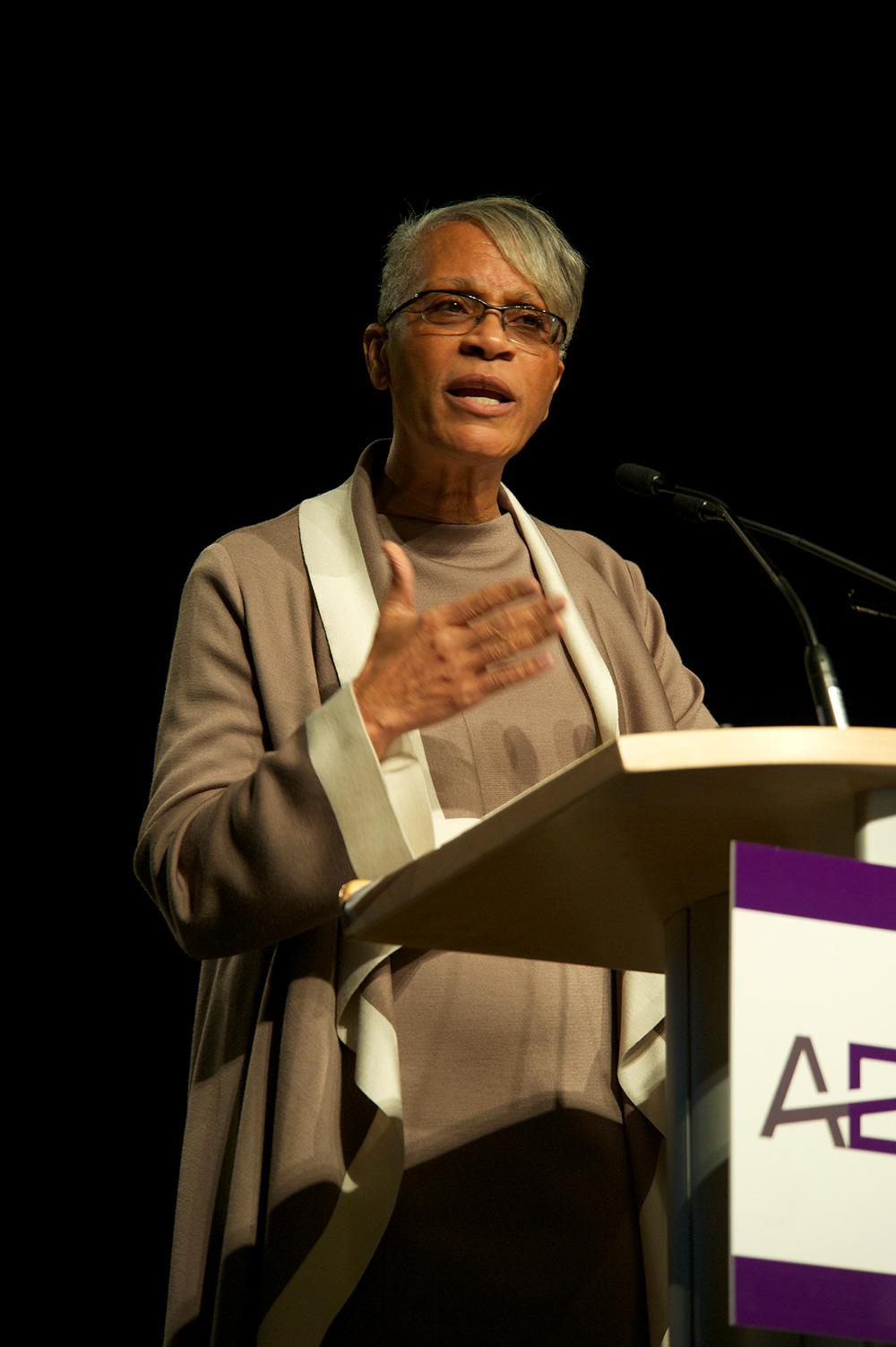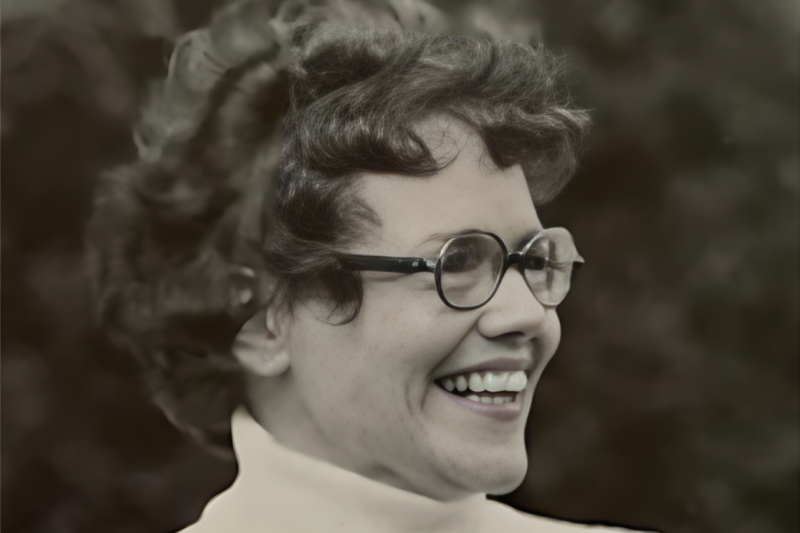
Making Knowledge Count
Educational researchers this past year have been given a boost in how they may apply their knowledge in service to the public good. That’s thanks to Professor Arnetha F. Ball, recent president of the American Education Research Association (AERA). Her 2011–12 tenure has brought a greater focus than ever before on the “praxis” part of the organization’s mission to promote excellence in research.
Working closely with AERA General Program Chair Cynthia Tyson of The Ohio State University’s College of Education and Human Ecology, Ball has inspired the organization’s launch of the Educational Research Service Projects program. The program, which will begin this fall, will fund researchers nationally and internationally to bring their research knowledge and expertise on a pro bono basis to educational organizations, institutions, or community groups that have expressed a need for their assistance. “This will move more scholars out of the ivory tower and into real-world settings,” said Ball, who has served AERA in numerous leadership roles since 1990.
Ball, a language, literacy, teacher education, and urban studies expert, also migrated the annual AERA conference in the direction of educational service, as well. The largest gathering of education researchers in the world, the 2012 Annual Meeting, held this past April in Vancouver, began a year in advance with dialogue-stimulating articles solicited online from diverse researchers on how to use knowledge effectively. Authors continued the conversations with attendees in special sessions at the conference itself, which boasted four interconnected panel areas: theory to practice; diversity, social justice and equity; policy; and praxis at community, national, and international levels.
The meeting also included consultation with indigenous scholars. An opening plenary session began with a traditional ceremony conducted by members of First Nations peoples of Vancouver. The ceremony ritualized the organization’s respectful request to hold its meeting on indigenous land and set the stage for the entire event. The opening plenary session talk, given by Linda Twhuli Smith of the University of Waikato in New Zealand, addressed the theme, “The Knowing Circle of Indigenous Education –– It Is Not Enough Just to Know.”
In an ingenious move, Ball and her team of volunteers integrated local visual and performing artists from cutting-edge disciplines –– dance and theater improv, slam poetry, music and comic book art –– to add new dimensions to the conference. Each evening, a performance stage and gallery in the foyer of the convention center showcased new art pieces (poems, dances, songs, sketches) that reflected artist and artist/scholars’ humorous and thought-provoking creative responses to the educational ideas and discussions they experienced at AERA.
One of Ball’s aspirations as AERA president was to lead the association’s effort to “go green,” as well. Toward that end, the meeting offered several alternatives to the print program, traditionally a huge directory describing 2,400 sessions and events. Mobile applications provided all the necessary information, wireless internet service, and kiosks allowed the Blackberry-less to access it online, and the print programs that were produced were reduced in size.
“Arnetha always moved and acted to serve the membership,” says Cynthia Tyson. “She is an outstanding mentor, colleague, and friend.”
As AERA president, Ball has galvanized the educational research community, both nationally and internationally. “We’re hearing researchers expressing that they are proud to be AERA members,” she says, reflecting on her heady year. “They're more inspired to link their work to improving education and serving the public good, be it through formulating theory, influencing policy, or serving communities.”



